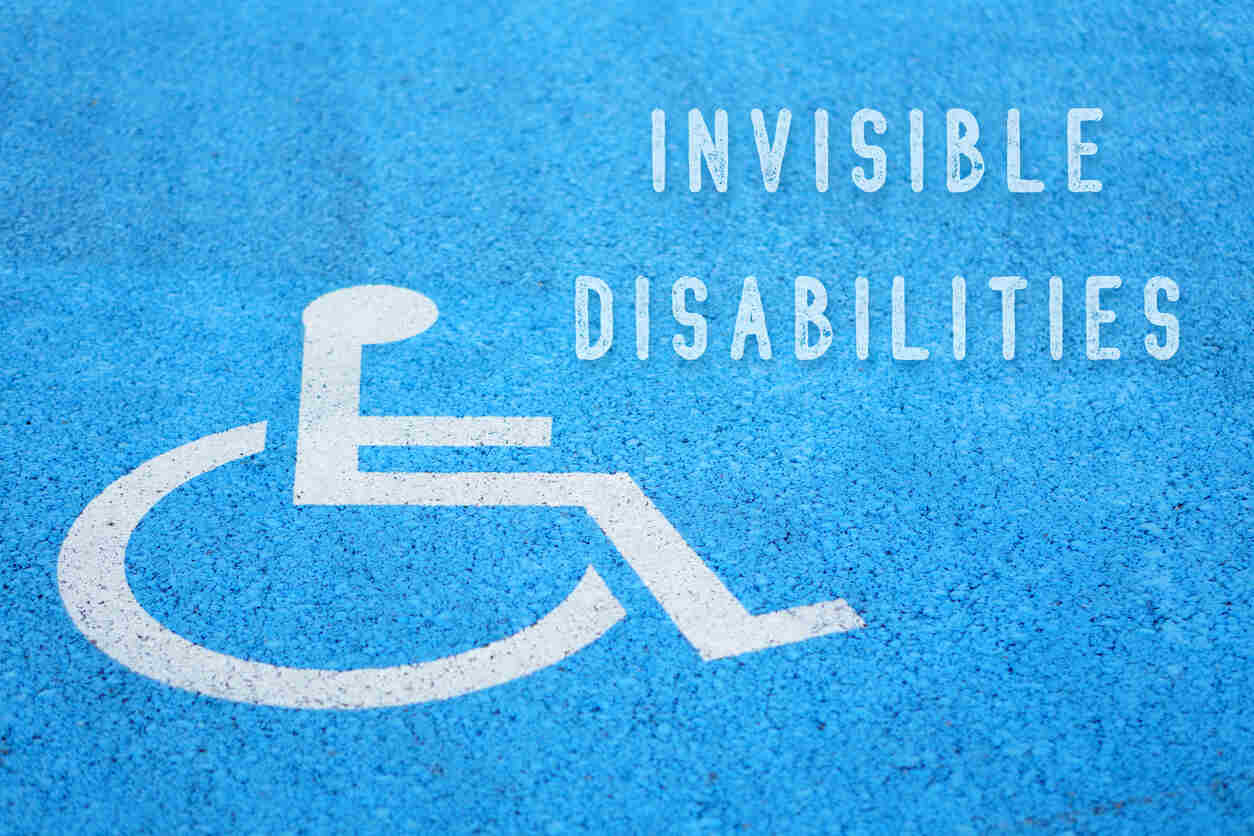Not all disabilities are immediately visible. Millions of Californians live with medical conditions that aren’t outwardly apparent, such as chronic pain, mental health disorders, autoimmune diseases, neurological conditions, and more. Unfortunately, because these disabilities are not obvious, workers often face unique forms of skepticism, bias, and discrimination in the workplace.
Under California law, employees with invisible disabilities are entitled to the same protections as those with physical impairments that can be seen. Aryeh Leichter, an employment law attorney in Los Angeles, helps employees assert their rights when employers fail to accommodate or discriminate based on these lesser-understood conditions.

What Is an Invisible Disability Under California Law?
Invisible disabilities are medical or psychological conditions that significantly limit one or more major life activities but are not immediately apparent to others.
These can include—but are not limited to—conditions such as:
- Depression, anxiety, or PTSD.
- Diabetes or epilepsy.
- Fibromyalgia or chronic fatigue syndrome.
- Crohn’s disease or irritable bowel syndrome.
- ADHD or autism spectrum disorders.
- Migraines or seizure disorders.
- Autoimmune diseases like lupus or multiple sclerosis.
In California, the Fair Employment and Housing Act (FEHA) prohibits discrimination based on visible and invisible disabilities. Employees need not “look disabled” to qualify for legal protections.
What Workplace Rights Do Employees with Invisible Disabilities Have?
California law provides robust protections for workers with disabilities, visible or invisible. Employers with five or more employees are legally required to provide reasonable accommodations and engage in an interactive process to determine how best to support an employee’s ability to work.
These rights include:
- Freedom from harassment or discrimination based on a disability.
- The right to request reasonable accommodations, such as modified work hours or remote work options.
- Protection against retaliation for disclosing a disability or requesting an accommodation.
- Confidential handling of medical information.
Aryeh Leichter works with employees to assert these rights and challenge any form of unequal treatment in the workplace.
Common Forms of Discrimination Against Employees with Invisible Disabilities
Because invisible disabilities are not physically obvious, employers or coworkers may underestimate their seriousness or question their legitimacy.
This can lead to discriminatory behavior such as:
- Dismissing or minimizing accommodation requests.
- Disciplining or terminating employees for performance issues tied to the disability.
- Requiring excessive documentation or invasive disclosure.
- Creating a hostile work environment through gossip or exclusion.
- Refusing to acknowledge or respond to accommodation requests.
Discrimination doesn’t need to be explicit to be unlawful. If you’ve been mistreated due to a medical condition—even subtly—you may have a valid claim under FEHA or the Americans with Disabilities Act (ADA).
Speak With a Los Angeles Employment Attorney About Your Rights
Invisible disabilities deserve visible protection. If you’ve been denied accommodations, experienced discrimination, or been retaliated against for disclosing a medical condition, it’s time to take action.
Aryeh Leichter of Leichter Law Firm, APC, helps employees throughout Los Angeles and California understand and protect their workplace rights. A confidential consultation can clarify whether your employer has violated the law and what steps you can take to hold them accountable.
Don’t let your condition be ignored. Contact Aryeh Leichter today to schedule your consultation and reclaim your dignity and legal protections at work.









